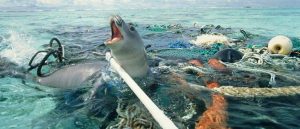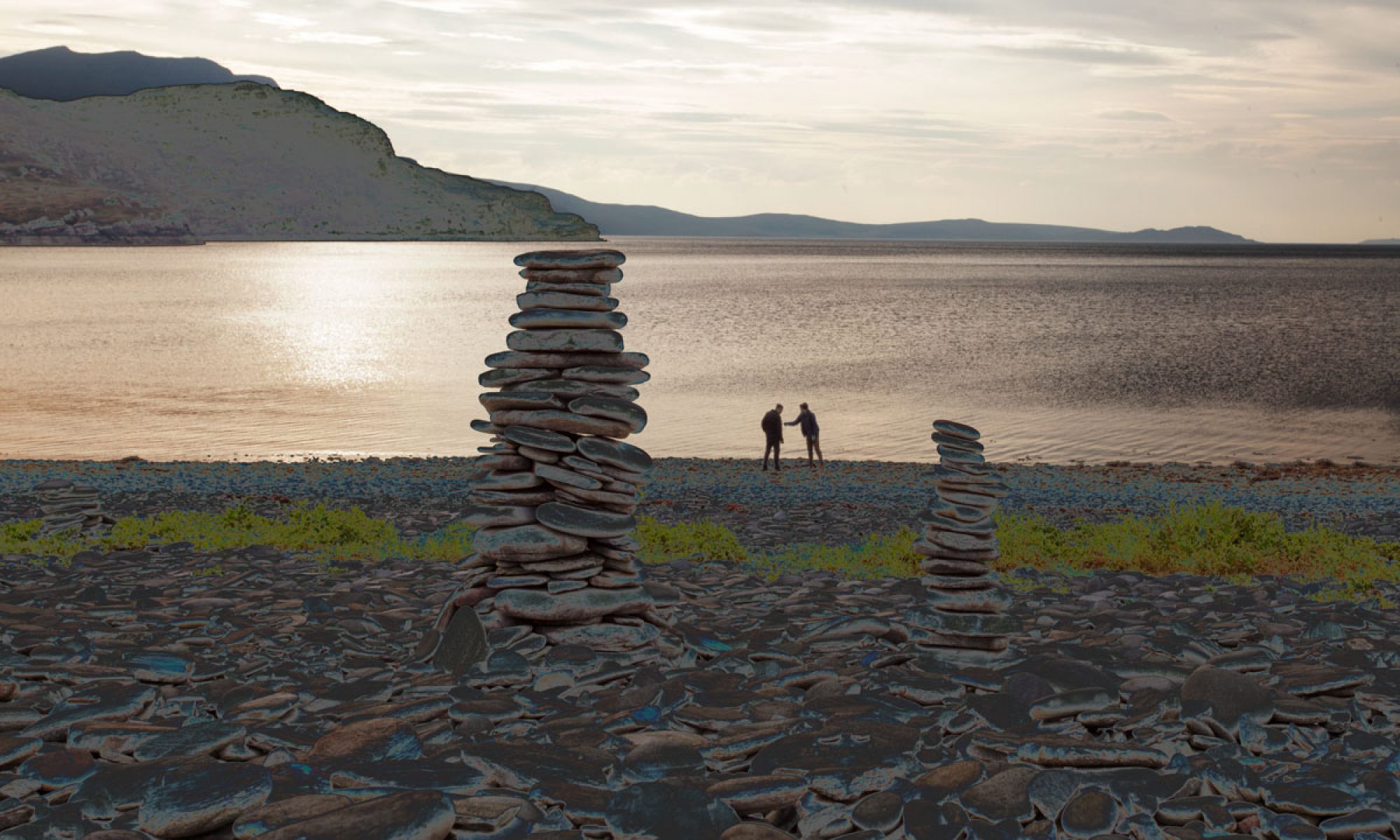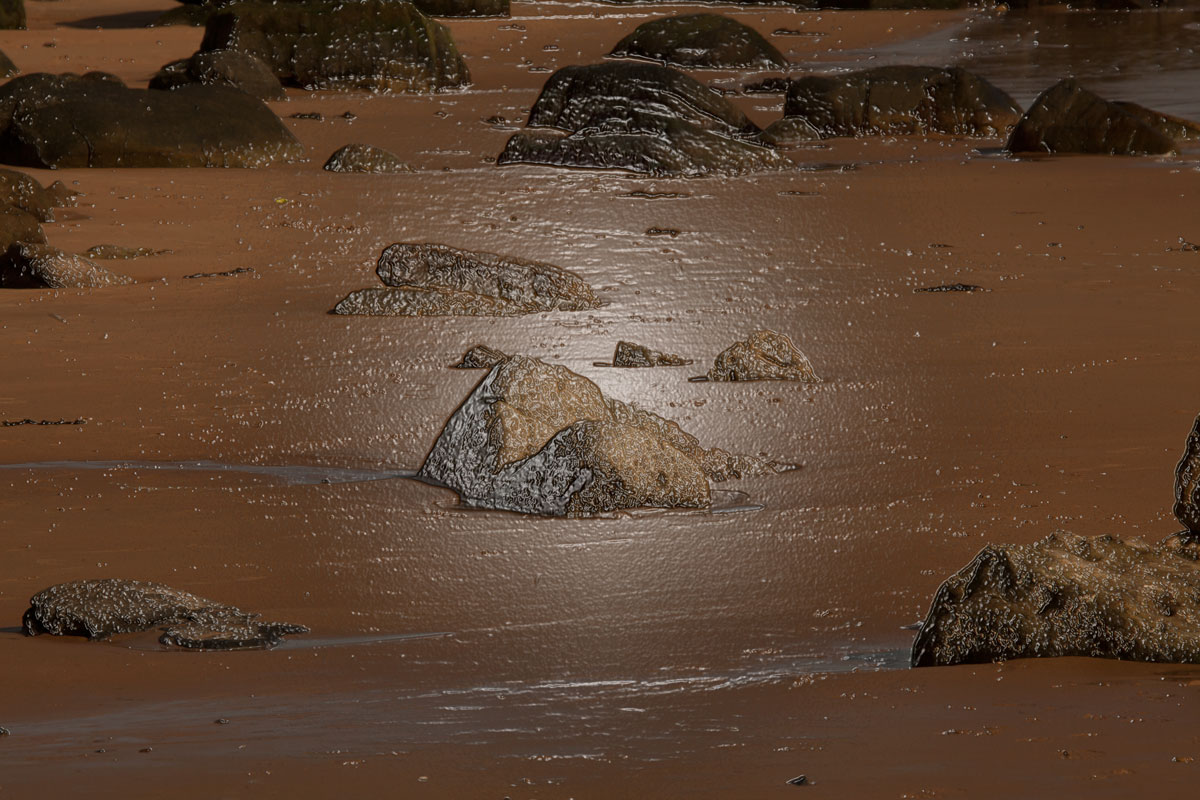The Door is always open. If we have coffee or thee you can have a cup.
But please don’t throw your plastic cups in the sea since our shore is getting to plastic
plastic soup is becoming toxic and is entering our food chain
When plastic degrades and fragments into small pieces, it can release toxic substances. All sorts of animals that live in or from the sea, even minute zooplankton, mistake plastic and microplastics for food. These toxic substances then enter our food chain. On top of this, en route to the sea, plastic fragments absorb all kinds of toxic substances from the sewers and polluted areas that they pass through. They become toxic bombs. These substances are released in the bodies of the organisms that eat the plastic.
The plastic pollution of the seawater can also seriously damage our health. Most of the pollution by far comes from land. At least 80% of the plastic rubbish in the oceans are dumped by industry and by people on land. It is carried to sea by rivers, canals, harbours and the wind. On top of this, shipping, fisheries and the off-shore industry are important contributors to pollution, though compared to the land sources, this is ‘only’ 20%.



